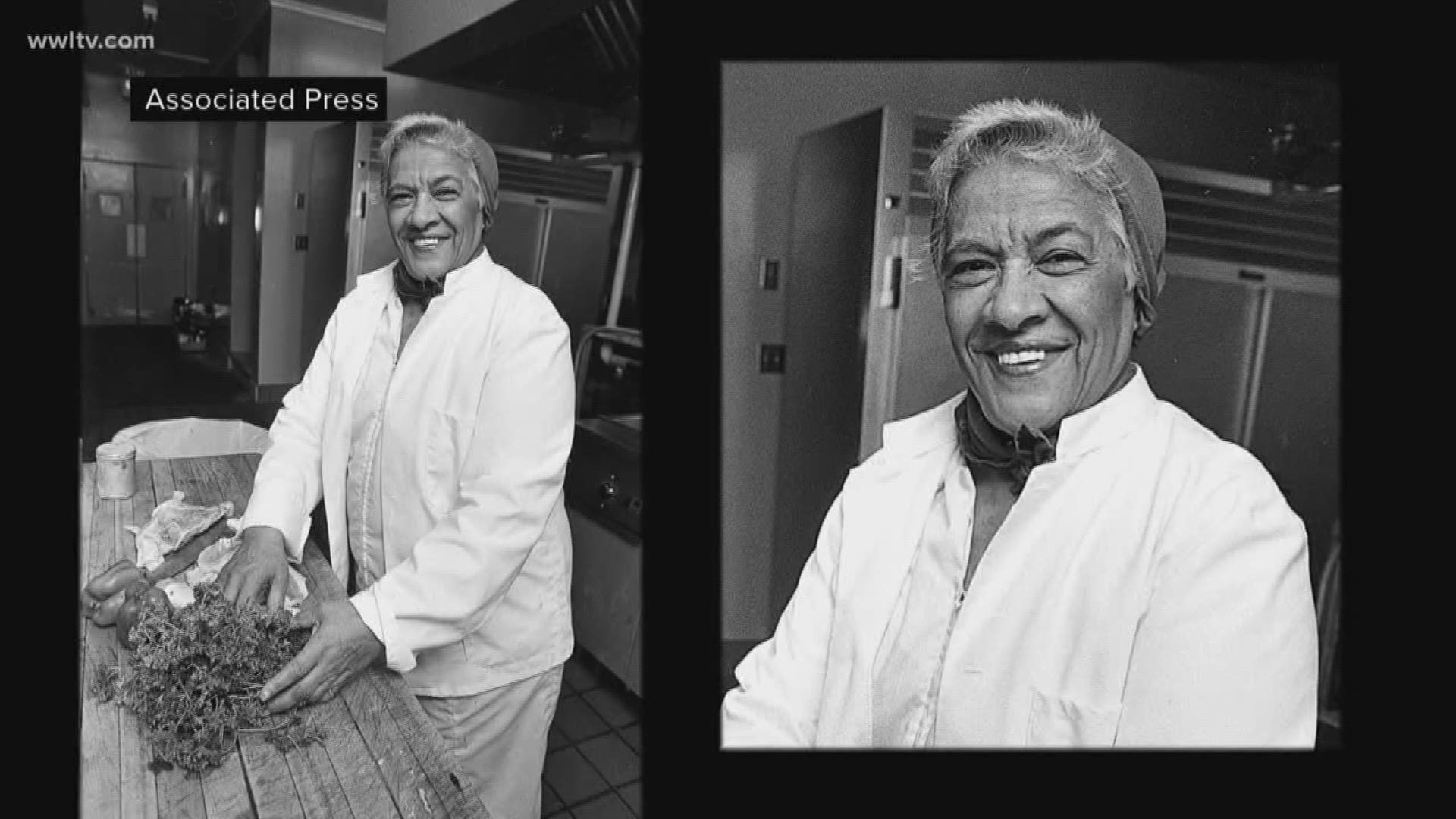NEW ORLEANS — Maybe it was the homemade Creole cooking, the welcoming spirit or the feeling of safety, but during a time when whites and blacks couldn't be seen together, Leah Chase created a space where everyone had a seat at the table.
"The law in Louisiana was blacks and whites could not meet together and certainly not eat together, said Sybil Morial, a longtime friend of Chase.
Chase didn't care. According to her friends, she would make her own rules as long as it was the right thing to do. She shared her passion of cooking with anyone. That's why her restaurant, Dooky Chase, became a safe haven for blacks and whites to meet during the civil rights movement.
"Now, she was breaking the law, but they had to eat somewhere and she took the chance," Morial said.
Dooky's was a frequent date spot with Morial's late husband, Ernest 'Dutch' Morial, who was the first black mayor of New Orleans.
She recalls stories of civil rights leaders like Martin Luther King Jr. and the team of black and white attorneys who ended segregation in public schools with Brown v. Board of Education, all meeting at Dooky's in a private room upstairs
"Everyone, whites and blacks, knew they could go there. I don't know if law enforcement knew, or if they ignored it, or maybe privately they supported it," Morial said.
"It gave the Civil Rights Movement a place where the people who were orchestrating the movement, could go and feel secure and have a hot meal," said Clerk of First City Court, Austin Badon, who is close with the Chase family. "Her role in the Civil Rights Movement should not be underestimated."
Even years later, Chase created a place for black artists. In a time where museums wouldn't accept work from African-American artists, Chase gave them a space.
"She liked our art and she wanted to show it and she had the wall space to show it," said Clifton Webb, one of many artists whose work is inside Dooky's. "After a while we could say, 'where do you go to see black art?' and you could say 'Dooky Chase.'"
"She lived by the model that her father actually taught her, and that was to work, pray, and take care of others," Badon.
A lifetime of working, praying, and taking care of others. That's what Leah Chase did and that's what she'll be remembered for.

